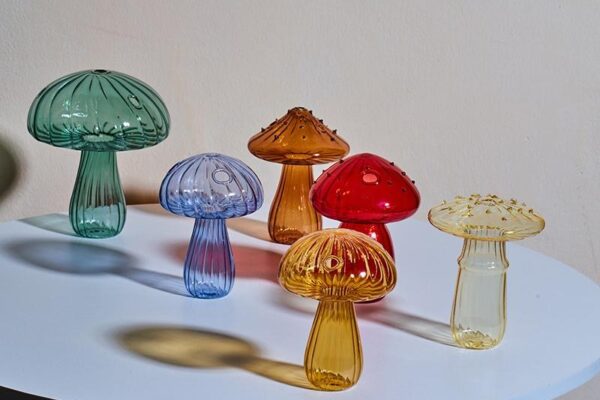Blog
How to Sell Organic Coffee Beans
Many consumers today are becoming more environmentally aware, and buying organic products is one way they can contribute to creating a greener world. Coffee beans produced with more sustainable farming techniques may also offer benefits that go beyond environmental considerations – organic coffee beans offer both environmental and social advantages when purchased organic.
Organic coffee beans are grown without synthetic fertilizers or pesticides, creating healthier soil and water conditions and creating a more natural habitat. Organic cultivation also prioritizes healthier working conditions for farmers while eliminating harmful chemicals that could impact human health.
Organic certification has become an attractive selling point for coffee companies and buyers. Premiums paid for organic varieties often reflect their higher production costs; however, buyers have different standards in place for assessing quality before purchasing or selling organic beans. It is therefore vitally important that buyers understand these criteria before making their purchasing or selling decision.
Organic products sold in the US must meet stringent government standards to be labeled organic, according to the National Organic Program (NOP), which ensures coffee beans produced through sustainable methods from farm to cup are certified as such. Audits are also performed annually and part of organic certification fees go toward paying for these inspections. In addition to OCP certifications and seals such as Rainforest Alliance or Smithsonian Bird Habitat Seal are other sustainability seals which indicate certain percentage of coffee comes from farms which prioritize sustainability and protect wildlife habitats.
Small coffee coops and farms may find the organic certification process expensive, making it hard to justify its investment without large buyers willing to pay premium prices for organic production. As a result, some operators opt to forgo certification altogether and instead focus on producing better-tasting coffee at higher prices instead.
Some European buyers may accept organic coffees not certified by an official control body as long as the importer can show proof of sourcing and processing according to EU organic regulations. Submitting evidence of organic certification typically requires either the submission of a master certificate signed by an accredited organic inspector, or through a letter of assurance from the farmer. Where possible, an official certifier should conduct inspections as this can help lower costs and shorten processing times. As part of your research for an appropriate certifier, it’s worth bearing in mind that most private standards require additional requirements beyond those stipulated by EU organic regulation. Therefore it is advisable to always refer to their official website to see exactly what’s expected from coffee growers or processors.



